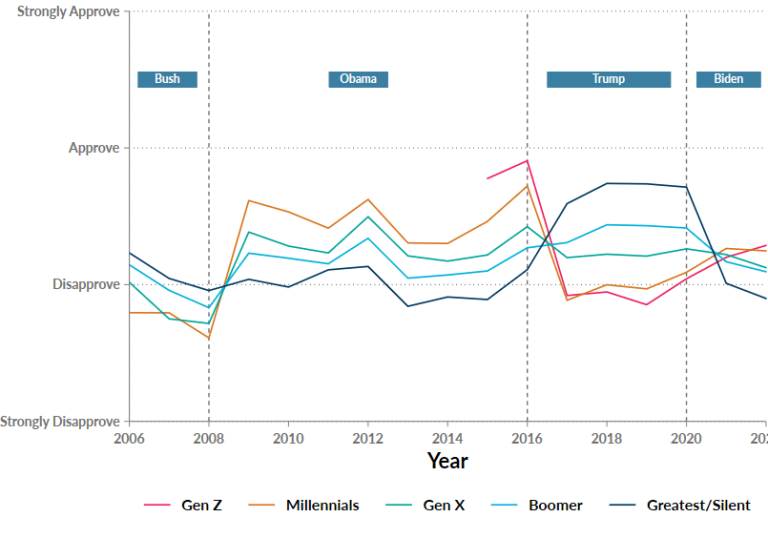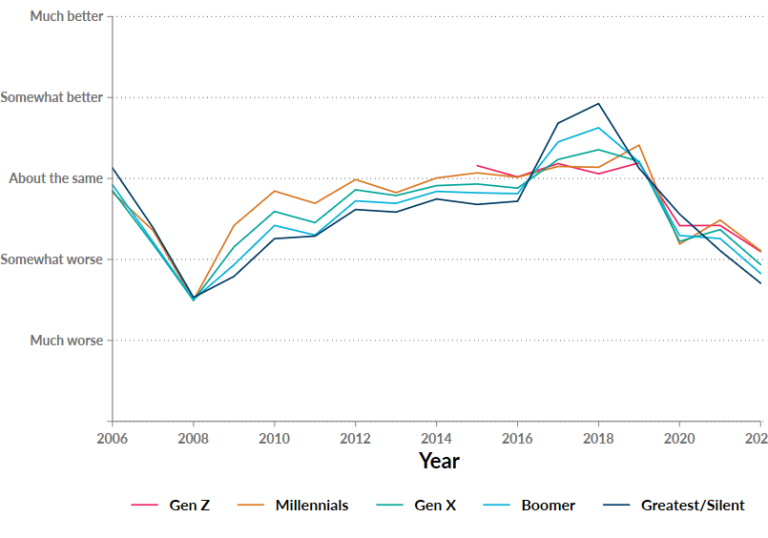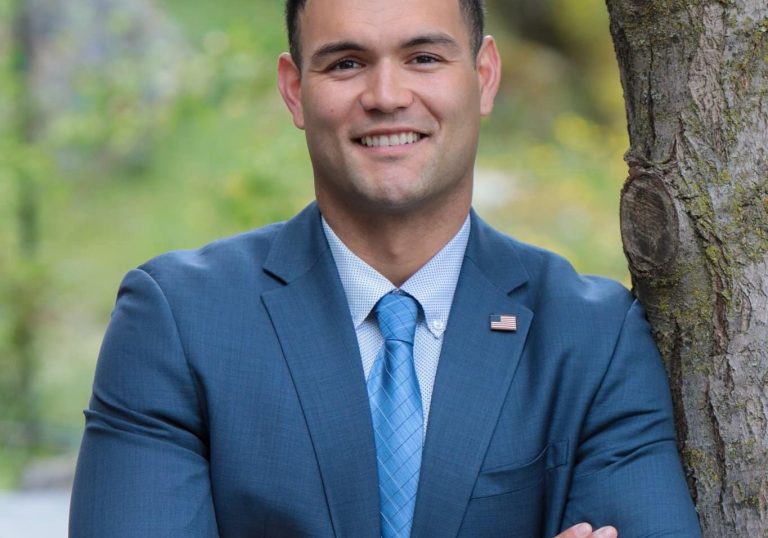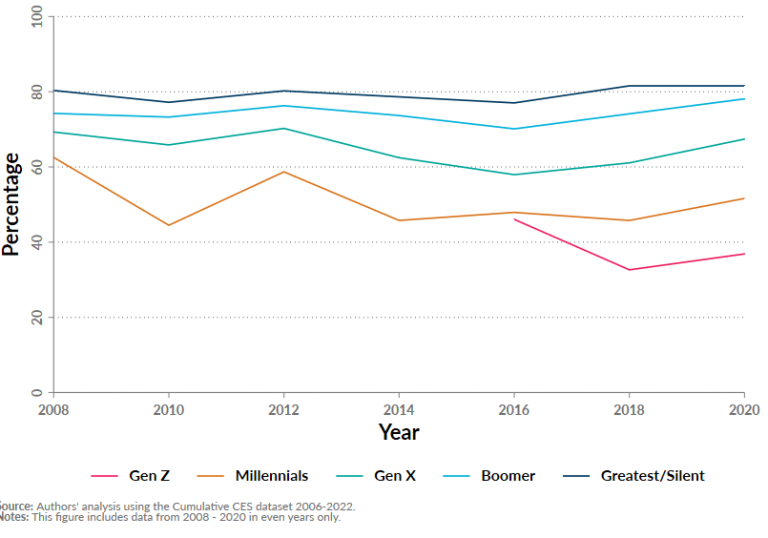Early Results Show Millennials and Gen Z are More Egalitarian, Fatalistic than Older Generations
For years, researchers have documented how Millennials (born between 1981 and 1996) and Gen Z (born between 1997-2012) are emerging as unique generations with distinct political attitudes that differ from older generations. Studies and popular polling have found that Millennials and Gen Zers are notably more progressive than previous generations (Della Volpe, 2022; Parker & Igielnik, 2020; Rouse & Ross, 2018; Twenge, 2023), with young people signaling more left-leaning views on policy issues like climate change and universal health care, and on social issues like racial justice, immigration, and LBGTQ+ rights (Pew, 2018). Their progressive views have even helped Democratic candidates win elections, including the 2020 Presidential election when Joe Biden won roughly 60 percent of voters 18-29-years-old and flipped key states to take the presidency (Igielnik, Keeter, & Hartig, 2021). Despite their more liberal perspectives, younger people have also been found to have a more critical and pessimistic outlook on politics and the economy. Researchers have documented a more critical perspective regarding democratic citizenship among young people today (Foa, Klassen, Wenger, Rand & Slade, 2020; Dalton & Welzel, 2014), and recent polling has found that young people think that much in their lives is outside of their control, that they are pessimistic about their own futures and the fate of the country, and they are feeling that the
American Dream is out of reach for most young people (Change Research, 2022).
While existing research has done much to uncover emerging trends in the unique outlook of Millennials and GenZ, the systematic study of the generational values that underlie such perspectives has not been explored recently. In this issue brief, we review key findings from a survey administered in 2020 that leverages advances in Cultural Theory to measure differences in generational values. We find that overall, Millennials and Gen Z are more egalitarian, fatalistic, and less individualistic than older generations.










